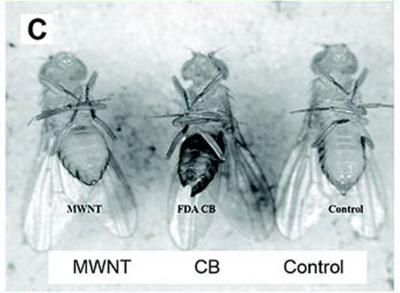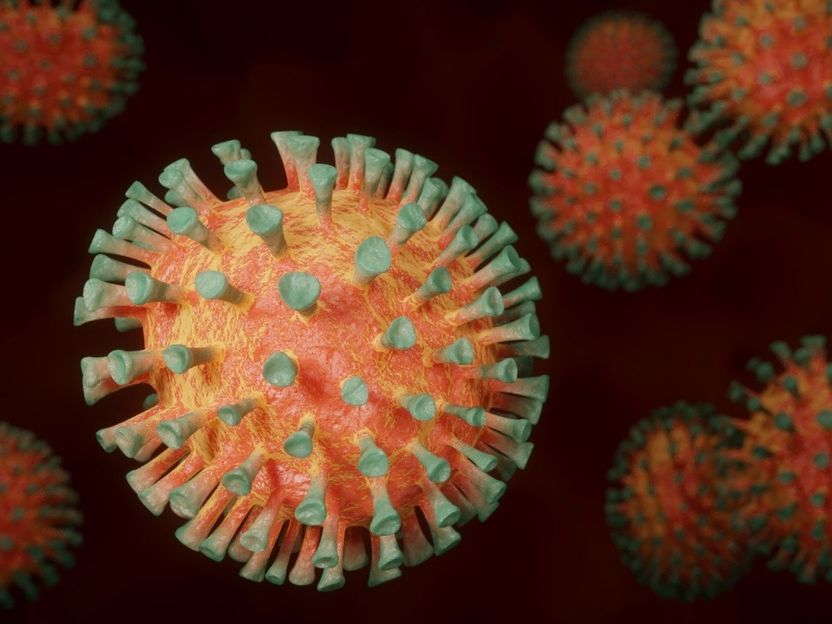BRAIN-led industrial NatLifE 2020 innovation alliance started after receipt of approval
First Innovation Alliance to receive approval letter
As the industrial coordinator of the innovation alliance, the biotechnology company BRAIN AG has announced that the Natural Life Excellence Network 2020 (NatLifE 2020) innovation alliance is the first alliance to receive the official approval letter under the “Industrial Biotechnology Innovation Initiative” scheme of the Federal Ministry of Education and Research (BMBF).The approval letter has been transmitted after an intense analysis of the full application of the complete innovation alliance transmitted by end of September 2012 to the PtJ authorities in Juelich. With the receipt of this document the NatLifE 2020 alliance partners now are able to increase and to broaden their activities in Bioeconomy and their biologisation strategy with further innovative R&D programs described in the application.
The alliance partners, namely technology engineering companies, small and medium sized enterprises (SMEs) and industrial corporations, join their forces in the NatLifE 2020 innovation alliance to drive forward the research, development and production of natural specialities for a healthier life. The NatLifE 2020 innovation alliance is set to receive funding for up to nine years (depending on two interim evaluations) and aims at delivering essential solutions for the sustainable biologisation of industrial processes.
BRAIN-led industrial NatLifE 2020 innovation alliance started after receipt of approval Innovation in the realm of “healthier living and ageing” is playing a central role in politics, economy and society in general. From a social as well as economic perspective, the food, nutrition, and health sector constitutes the most important area of the Bioeconomy. In collaboration with relevant actors from research and industry, the Bioeconomy Council therefore elaborated research recommendations designed to confront the increasing competition for biomass, to open avenues to increased sustainability in production, processing, and consumption habits, and to address the health aspects of food consumption and dietary habits.
Consumer trends in the “fast and convenience food” markets lead to an increase in lifestyle diseases such as diabetes, hypertension and obesity. According to an Eurostat study conducted in November 2011, up to two out of every three people in the western hemisphere are overweight. In the U.S. alone, metabolic disease treatment costs amount to some US$ 150bn (or 75 per cent of the U.S. health budget) per year according to Lustig et al., an American team of researchers whose results were published in “Nature” magazine in February 2012. And roughly US$ 65bn have to be added to this sum in the U.S. alone for a loss in productivity due to illness.
Similar results and respective problems for the society have very recently been published in an article in the renowned medicinal journal “The Lancet” in February 2013 by Rob Moodie and co-workers.
These facts paved the way for the NatLifE 2020 innovation alliance’s joint approach. Based on a thorough understanding of biological systems and relying on biotechnological solutions, the alliance’s partners aim at developing and launching a new and competitive generation of natural, biologically active valueable components as specialities for the food and cosmetics industries. These will have a noticeable impact on the improvement of the nutrition, health and well-being of everybody.
“All NatLifE 2020 partner companies share one common goal – harnessing disruptive technologies in a synergistic way to drive forward the development of high-quality, healthy specialities and final products for the food and cosmetics markets,” states Dr. Holger Zinke, CEO of BRAIN AG. “In BRAIN-led industrial NatLifE 2020 innovation alliance started after receipt of approval this process, fundamental scientific and technical challenges have to be overcome. Individual companies, research institutes or smaller networks would not be able to do so on their own in an adequate period of time. The complexity of the challenges the economy and research organisations are confronted with require all players to work hand-in-glove to close technology gaps for their mutual benefit.”






















































